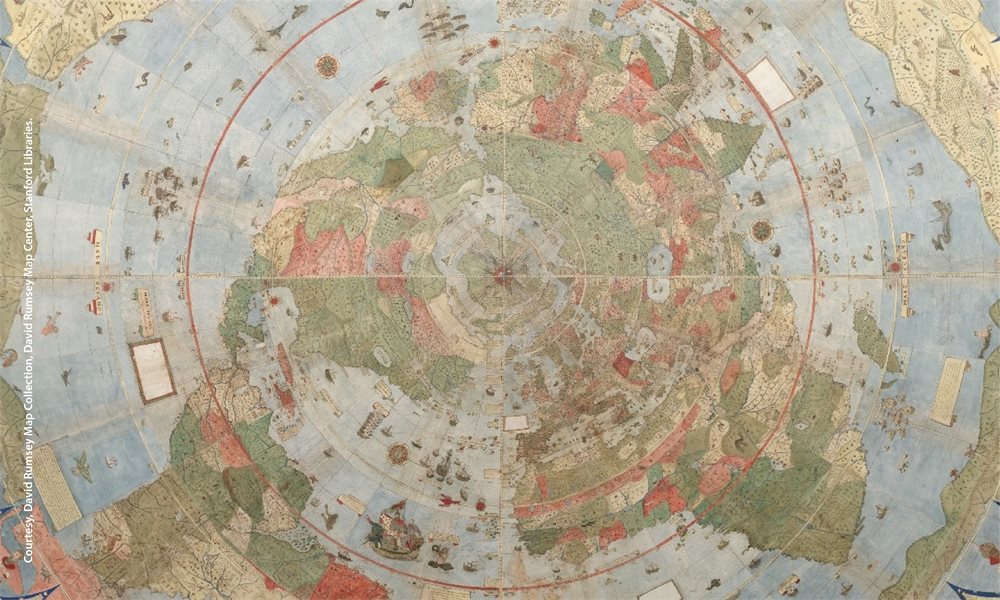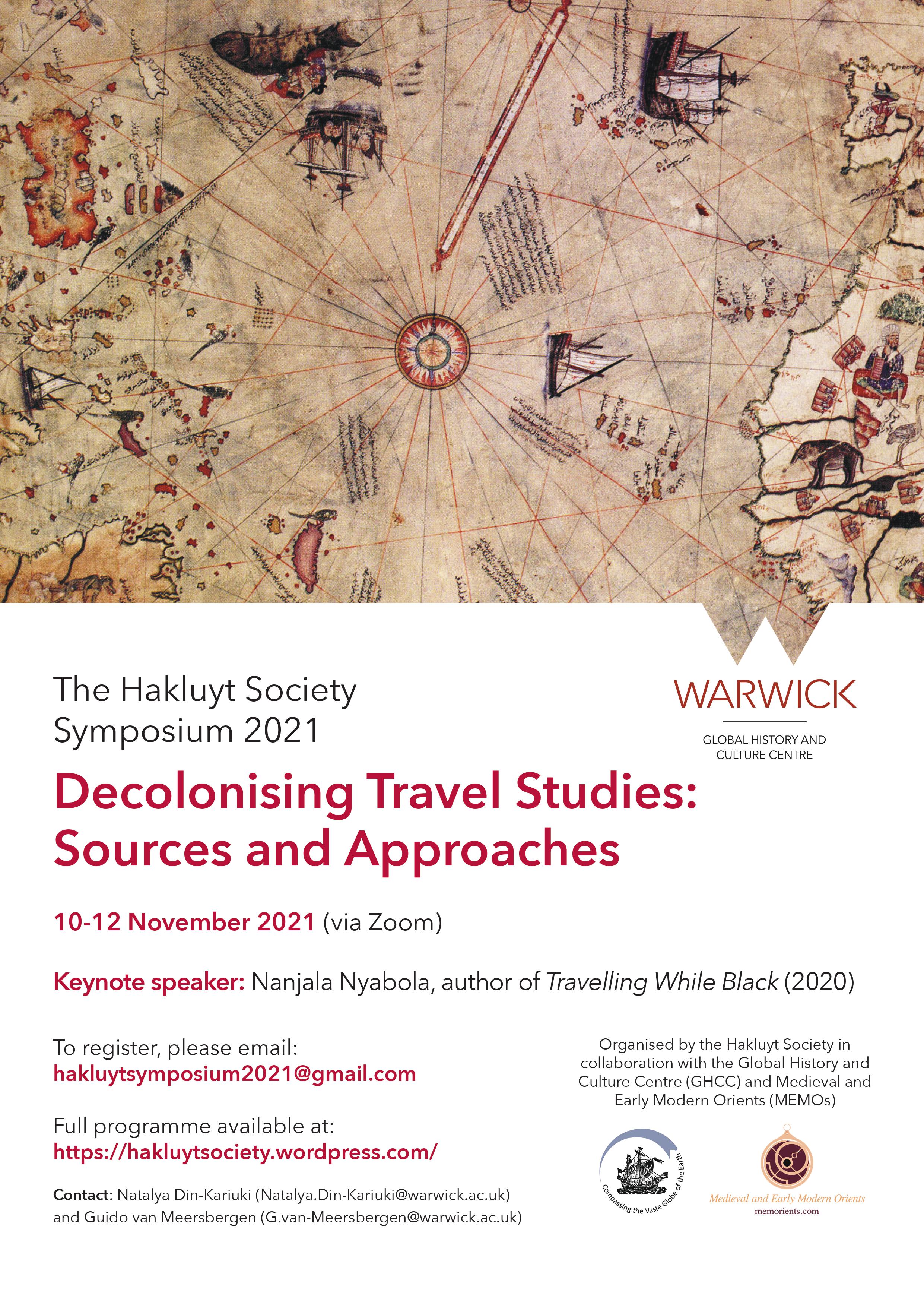History of Travel
Several members of the Global History and Culture Centre conduct research in the global history of travel and travel writing, which includes the following projects:
Wheeler History of Travel Writing Programme
The Wheeler History of Travel Writing Programme has been made possible through the generous donation of Warwick alumnus and co-founder of Lonely Planet, Tony Wheeler.
Starting out as a journalist at the Warwick student newspaper, Tony Wheeler graduated from the University with a BSc in Engineering Science, 1969 and later received an Honorary Doctor of Letters (DLitt) from the University of Warwick and Monash University in Melbourne, Australia. His transformative adventure along the 'hippie trail' in early 1970s Asia inspired him to pen the inaugural Lonely Planet guide and led him to be distinguished as ‘the patron saint of backpackers and adventure enthusiasts’ by The New York Times.
Over five years (2023-28), the Wheeler programme will offer four fully-funded PhD studentships. The programme will be based in Warwick’s Global History and Culture Centre (GHCC). For more information, and how to apply, see The Wheeler History of Travel Writing PhD ScholarshipLink opens in a new window (Course applications for September 2024 entry are now closed. They will re-open for 2025-26 entry in autumn 2024.)
On Wednesday 8 May 2024, Tony Wheeler will deliver a guest lecture entitled The Art of Travel: The History of Travel GuidebooksLink opens in a new window.
Carletti's World: An Early Modern Global Voyage
Project leads: Luca Molà and Giorgio Riello
The travel account left by the Florentine merchant Francesco Carletti (1573-1636) remains a major understudied source for global historians. Between 1594 and 1602, Carletti circumnavigated the world, traveling and trading in West Africa, the Spanish Americas, the Philippines, Japan, China, briefly stopping in Malacca and Ceylon before arriving in Portuguese India on his way back to Europe. Captured by the Dutch off St. Helena, he found his goods confiscated and litigated until 1605 for their return before traveling through France to reach Tuscany in 1606. Carletti presented his patron Grand Duke Ferdinando I with an account of his voyage (Ragionamenti sopra le cose da lui vedute ne' suoi viaggi), which remained in manuscript until its publication in Florence in 1701.
This project Link opens in a new window– jointly sponsored by Villa I Tatti with the European University Institute (Giorgio Riello), University of Warwick (Luca Molà), Syracuse University (Brian Brege), and Stanford University (Paula Findlen) – will result in a new translation and critical edition of Carletti’s My Voyage Around the World as well as a volume of essays which situates Carletti's voyage in its global context ca. 1600.
Decolonising Travel Studies
Project leads: Guido van Meersbergen and Natalya Din-Kariuki
The “Decolonising Travel Studies” project seeks to make visible and challenge the indebtedness of both academic and public histories of travel to Eurocentric notions rooted in the colonial past. The primacy long accorded both in formal education and popular narratives (e.g. in museum exhibitions, public commemorations, literature and film) to concepts such as geographic discovery, naval exploration, or scientific advance, bound up with notions of heroism and national pride, has cemented the centrality of the white male traveller with claims to being the first European to set foot in a place or describe it. This systematic privileging of certain forms of travel and its recording to the exclusion of others in the way travel history is commonly understood points towards the structural inequalities of race, gender, and class built into the knowledge we consume as much as the institutions that produce it.
The three-day conference "Decolonising Travel Studies: Sources and ApproachesLink opens in a new window", organised in November 2021 in collaboration with the Hakluyt Society, aimed to take stock of the historiography on global travel and exploration and reflect on what a decolonised history of travel looks like in theory and practice. It focused on The historical development of and colonial legacies contained in travel and exploration studies, empirical case studies of underrepresented histories of travel, unpublished sources for the history of travel, ways in which dominant methodologies have rendered certain demographics absent or invisible in histories travel, and the potential of decolonial theory as applied to histories of travel and travel writing. The project will result in a special issue for the journal Studies in Travel Writing and a collection of essays published in the Hakluyt Society Studies in the History of Travel, published by Routledge.


